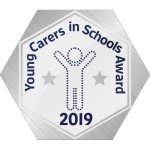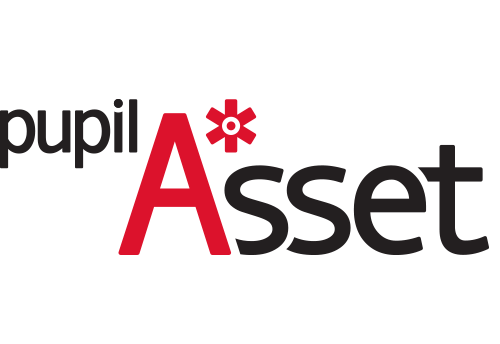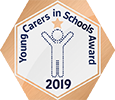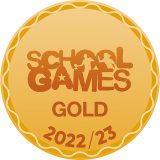Our computing curriculum covers all the requirements set out in the national curriculum and our own experience of what most benifits the children at our school. Based on Barefoot Computing, our aim is to take each statement from the national curriculum and ensure that students are taught these concepts at an age appropriate time in their development. In addition to this it is essential that in early years, students are given a solid foundation of basic computer skills such as using a mouse, typing & navigating around Windows.
Building on these fundamentals we enrich the students learning with additional challenges such as CoSpace Robotic in association with BT, Kodu Gaming Lab, Lego Wedo, MineCraft Education and much more.
[gview file=”https://www.gov.uk/government/uploads/system/uploads/attachment_data/file/239033/PRIMARY_national_curriculum_-_Computing.pdf” height=”640px”]
Early Years & Foundation Stage
Key Stage One
“understand what algorithms are; how they are implemented as programs on digital devices; and that programs execute by following precise and unambiguous instructions”
“create and debug simple programs”
“use logical reasoning to predict the behaviour of simple programs”
“use technology purposefully to create, organise, store, manipulate and retrieve digital content”
“use technology safely and respectfully”
sids top tips ceops
“keeping personal information private”
“identify where to go for help and support when they have concerns about content or contact on the internet or other online technologies”
[/toggle]
[/accordion]
Pupils should be taught to:
- understand what algorithms are; how they are implemented as programs on digital devices; and that programs execute by following precise and unambiguous instructions.
- create and debug simple programs.
- use logical reasoning to predict the behaviour of simple programs.
- use technology purposefully to create, organise, store, manipulate and retrieve digital content.
- recognise common uses of information technology beyond school.
- use technology safely and respectfully, keeping personal information private; identify where to go for help and support when they have concerns about content or contact on the internet or other online technologies.
Key Stage Two
Pupils should be taught to:
- design, write and debug programs that accomplish specific goals, including controlling or simulating physical systems; solve problems by decomposing them into smaller parts.
- use sequence, selection, and repetition in programs; work with variables and various forms of input and output.
- use logical reasoning to explain how some simple algorithms work and to detect and correct errors in algorithms and programs.
- understand computer networks including the internet; how they can provide multiple services, such as the world wide web; and the opportunities they offer for communication and collaboration.
- use search technologies effectively, appreciate how results are selected and ranked, and be discerning in evaluating digital content.
- select, use and combine a variety of software (including internet services) on a range of digital devices to design and create a range of programs, systems and content that accomplish given goals, including collecting, analysing, evaluating and presenting data and information.
- use technology safely, respectfully and responsibly; recognise acceptable/unacceptable behaviour; identify a range of ways to report concerns about content and contact.













